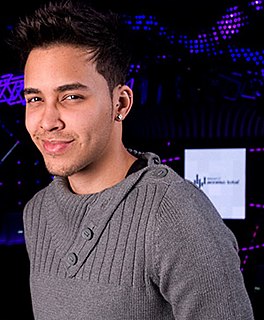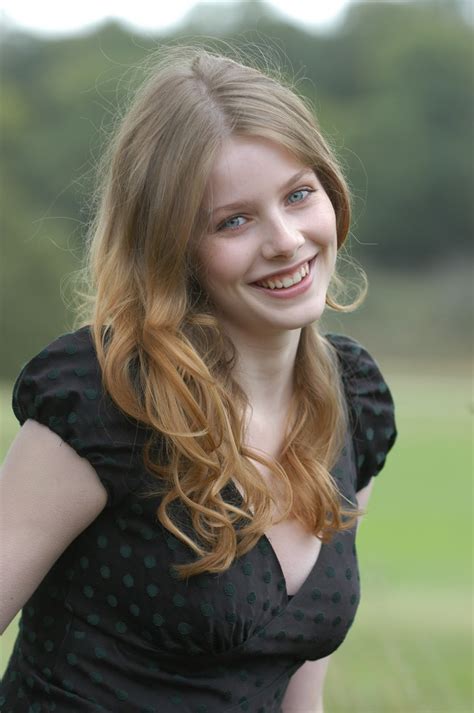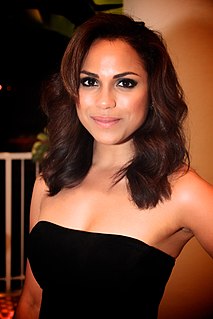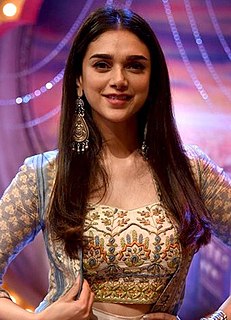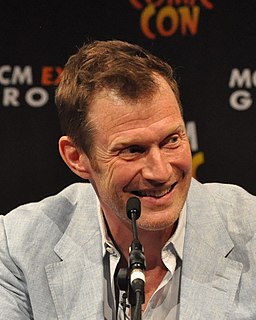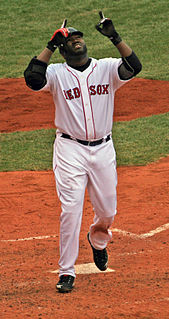A Quote by Mario Vargas Llosa
In 1975, I went to the Dominican Republic for eight months during the shooting of a film based on my novel 'Captain Pantoja and the Special Service.' It was during this period I heard and read about Trujillo.
Related Quotes
We still have our people working in the cane fields in the Dominican Republic. People are still repatriated all the time from the Dominican Republic to Haiti. Some tell of being taken off buses because they looked Haitian, and their families have been in the Dominican Republic for generations. Haitian children born in the Dominican Republic still can't go to school and are forced to work in the sugarcane fields.
I live in Surrey, but up until the age of eight I lived in London. And the way I heard about this 'Peter Pan' film was there was an open-call audition that I'd heard about, or read about, and I just thought, 'Oh, I'll go along for the fun.' Because I never dreamed in a million years I'd ever get it.
When you are shooting over a period of six months, you tend to forget how dark or bright it was. And when you are using different technologies, having a look book helps during the final grading of the film. So you can design what the film is going to look like even before the colouring process begins.
The whole history between Haiti and the Dominican Republic is complicated. We share the island of Hispaniola, and Haiti occupied the Dominican Republic for twenty-two years after 1804 for fear that the French and Spanish would come back and reinstitute slavery. So we have this unique situation of being two independent nations on the same island, but with each community having its own grievance.
I read a blog about this young filmmaker in the Philippines who made a short film, and one of the characters in the film reads my novel and then starts discussing the novel with someone. The idea that my book can inspire another artist and be part of that other artist's work... that's the reason I write.
I'm always trying to make something that is impossible to film. Why would somebody just read a novel when they can see it on TV or in the cinema? I really have to think of the things fiction can do that film can't and play to the strengths of the novel. With a novel, you can get right inside somebody's head.
The DOCF all started when I made a trip to a local hospital in the Dominican Republic. I was visiting children who had received life-saving heart care operations. I couldn't help but think that in another life, one of these kids could be my own son. If it wasn't for baseball, I may have remained in the Dominican Republic and who knows where life would have taken me. It was then that I knew that I had to use the gift that I received, to play baseball, to do whatever I could to give back.


